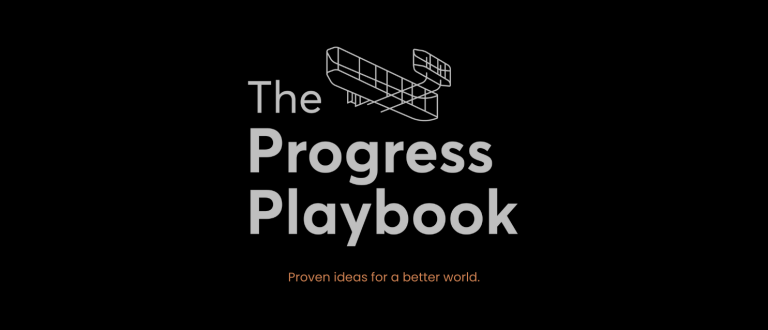Solutions journalism, says Nick Hedley, is taking off in other parts of the world – but is almost
non-existent in South Africa. Which is why he launched the now five-month-old digital magazine, The Progress Playbook.
With the issues the world – and South Africa – face in terms of sustainability, climate change, energy, urbanisation, transport and social development, there’s a space for a title dealing with solutions to these often seemingly insurmountable problems.
“There’s also a glaring gap in the global media industry for a publication dedicated entirely to proven solutions for a better and more sustainable world,” says Hedley. “It’s bugged me for a long time that there’s no platform – whether in the form of global conferences or a publication – that brings policymakers and business leaders together to share lessons with each other.“
Filling a gap

He believes we should “all be learning from policymakers in Uruguay and South Australia, for example, about how they have nearly eliminated fossil fuels from their electricity mixes.
Or from the Brazilian state of Ceara about how to build a world-class education system on a small budget. With The Progress Playbook, I’m trying to fill this gap”.
Hedley admits getting his project off the ground took longer than expected.
“I wanted the style to be easy to read, engaging, and brief, because in a world of endless distractions, that’s what seems to hold people’s attention the longest,” he explains.
His advertising budget on Google is “modest”, but he’s using social social media channels at no cost – I’m marketing it on Google with a modest advertising budget, and at no cost on social “X (Twitter), Bluesky, LinkedIn and YouTube. Because I was a journalist at Business Day once, I have a large following on X, and that’s been handy for promoting my articles and the site”.
Target audience
The Progress Playbook’s primary target market is decision-makers – city managers, CEOs, heads of civil society groups, and policymakers, says Hedley. “But it’s also aimed at anyone else who wants to see the world become a better place. By informing citizens about policies and approaches to business that are clearly delivering results in other countries, they can demand the same of their leaders locally.”
Content is sourced all over the place, including on social media – mainly X. “I’m subscribed to almost every sustainability newsletter out there, and read plenty of economic research reports. So content ideas come from reading and also interviewing policymakers and city managers,” Hedley says.
“I do most of the writing for now, but we also publish content from freelancers and external contributors. I’ll take another full-time writer on next year and will start publishing pieces written by policymakers who have lessons to share. We have a dedicated graphics person who does really great images for our posts – he makes the publication much easier on the eye,” he adds.
Partnering with advertisers
Advertising is a growing concern. Hedley says the publication is only five weeks old so can’t yet make any promises to advertising partners about readership levels.
“But we’re partnering with advertisers who want to align their brands with a publication dedicated to sustainable development and progress. That’s a compelling proposition, I think. Our launch partners are GoSolr, which offers solar subscription services, and Plentify, which offers geyser management devices that reduce household energy bills and help to end load shedding,” he says.
The title had close to 3 000 unique visitors in the month after launching. “Considering that we hadn’t launched a real advertising campaign yet, we think that’s a decent start. We now have a modest advertising budget in place for Google ads so will hopefully see user numbers increase. Interestingly, visitor numbers are split roughly evenly between South Africa, the UK and the US.”
Talking sustainability
The magazine itself has to be sustainable. Hedley says he’s already in talks about partnerships with universities and city managers, and hope to build a global network of partners who can learn from each other and share ideas.
“In the next few months, we’ll host our first online conference. Each event will have a specific theme. The aim is for, say, Uruguay and South Australia’s head of energy policy to share lessons with policymakers elsewhere about how they managed to transition to renewables so quickly,” he says.
“In a couple of years’ time, we will hopefully have a global network and will hold monthly conferences. The overall goal is to encourage evidence-based policymaking and business decisions.”















